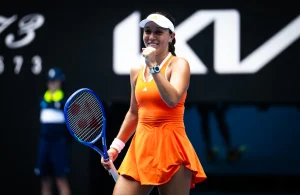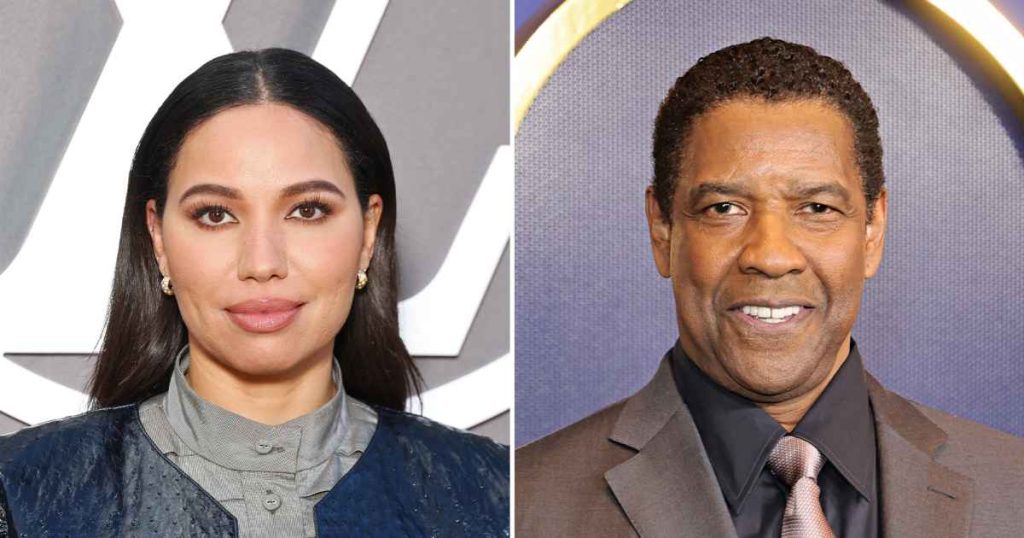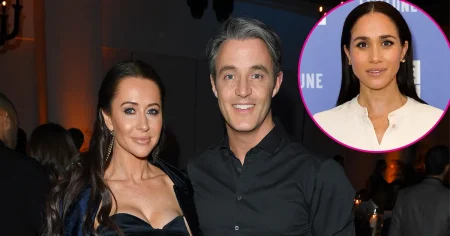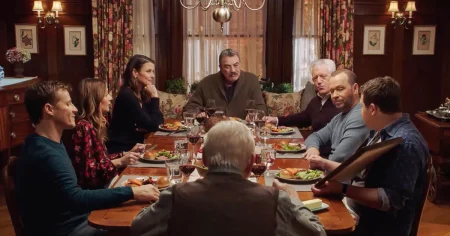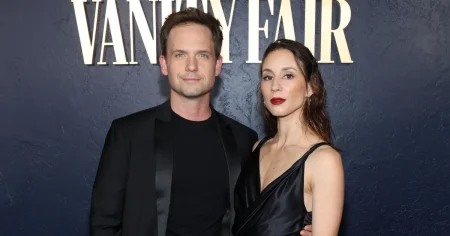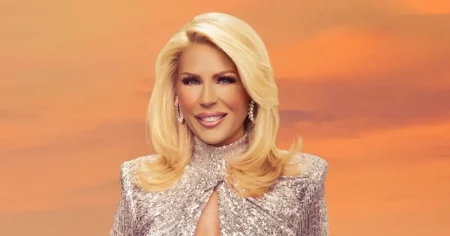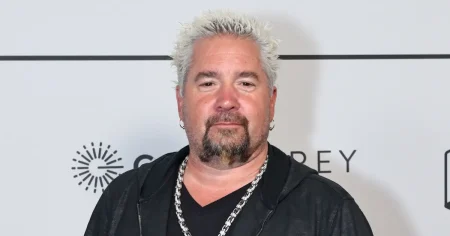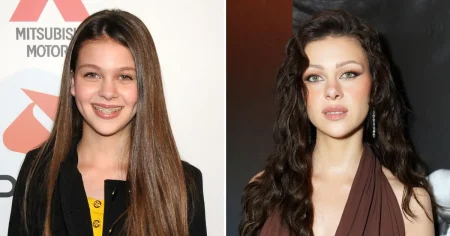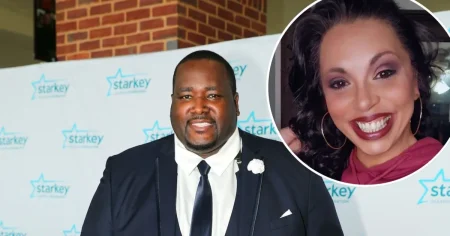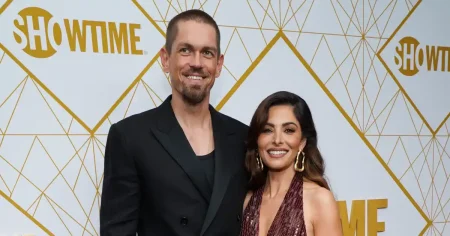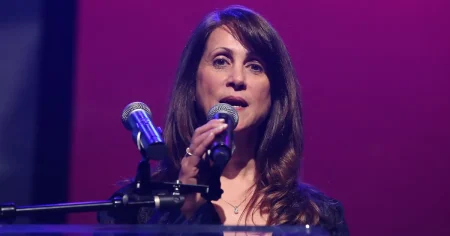Jurnee Smollett, during an interview with Jude Law for Us Weekly, recounted a valuable lesson she learned from Denzel Washington about the pitfalls of over-preparation. While working with Washington on the 2007 film The Great Debaters, a young Smollett, eager to impress, found herself over-rehearsed and consequently stiff and uninspired on set. This experience highlighted the delicate balance between preparation and spontaneity in acting, a lesson that has stayed with Smollett throughout her career.
Smollett, having diligently prepared for a pivotal debate scene, arrived on set brimming with confidence, only to find her performance lacking the natural spark she had honed during rehearsals. Washington, recognizing her predicament, pointed out her over-rehearsal, a comment that, while accurate, left Smollett feeling lost and unsure how to reclaim her performance. He initially suggested they film other actors first, hoping she would loosen up while waiting, but even after observing her colleagues, Smollett remained unable to access the necessary emotional depth for her character.
As anxiety mounted, Washington approached Smollett again, offering a simple yet profound piece of advice: "If you’re gonna ask a question, get an answer." This seemingly straightforward instruction unlocked the scene for Smollett. She realized that her character, debating for the right of people of color to attend certain universities, was fighting for her future, for her very life. The stakes were incredibly high, and the desperation for an answer fueled her performance. The take that made it into the film, the one imbued with raw emotion, was the one immediately following Washington’s insightful guidance.
This experience underscored the importance of staying present and reactive in a scene, even with thorough preparation. Over-rehearsing, Smollett learned, can lead to a mechanical and lifeless performance, devoid of the spontaneity and emotional truth that make a scene compelling. Washington’s advice to "get an answer" reminded her to engage with her scene partner, to listen and react authentically, rather than simply reciting pre-planned lines and actions. This interaction with Washington proved to be a formative experience for Smollett, a masterclass in acting from a seasoned professional. It taught her not just the dangers of over-rehearsing but also the value of staying open and responsive in the moment.
Smollett and Law, reflecting on their experiences with director Justin Kurzel on their recent project, The Order, found parallels between Kurzel’s direction and Washington’s mentoring style. They both possessed an intuitive understanding of actors and knew how to create a supportive and nurturing environment on set. This environment, according to Smollett, provides a "safe place to fail big," allowing actors to take risks and explore their characters without fear of judgment. This safe space fosters creativity and allows for deeper, more nuanced performances.
This anecdote from Smollett’s early career highlights the delicate balance between preparation and improvisation in acting. While thorough preparation is essential, it’s equally crucial to remain flexible and responsive in the moment, allowing for genuine reactions and emotional connection. The experience with Washington on The Great Debaters was a pivotal learning moment for Smollett, demonstrating the power of a well-placed piece of direction to unlock a performance. It also showcases Washington’s skill as a director, particularly his ability to recognize and address an actor’s specific struggle. The story serves as a valuable lesson for aspiring actors, emphasizing the importance of staying present, listening, and reacting authentically in every scene. It also showcases the positive impact a supportive and understanding director can have on an actor’s performance.
